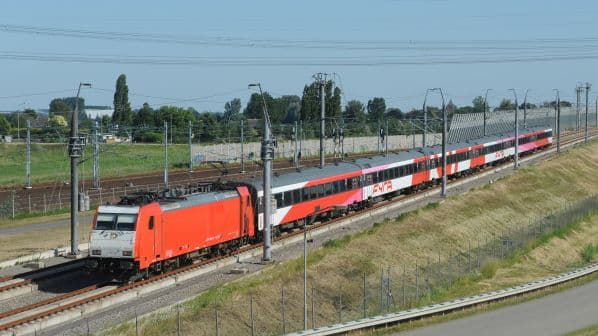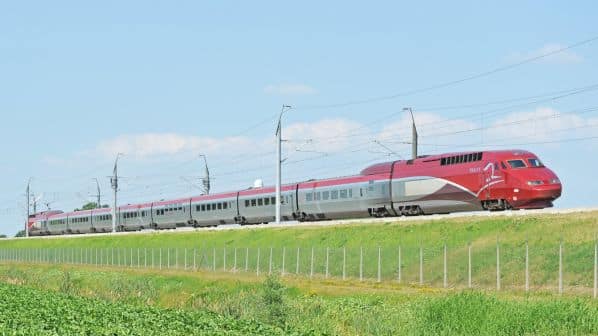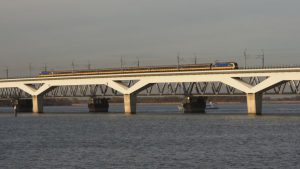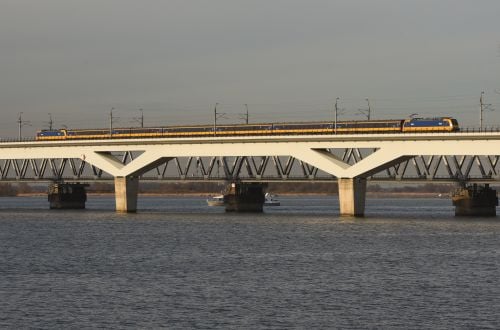DUTCH infrastructure manager ProRail has imposed more temporary speed restrictions on the northern section of the HSL-South high-speed line between Rotterdam and Hoofddorp near Amsterdam.
The maximum speed was reduced to 160km/h on January 25 at five locations between the Groenehart Tunnel, near Leiderdorp, and Hoofddorp.
The restrictions were imposed after inspection of bridges and viaducts similar in design to the viaduct at Rijpwetering. The maximum line speed here was reduced from 300km/h to 80km/h in July 2023, following the discovery of cracks in the structure.
The temporary maximum speed of 160km/h was later reduced to 120km/h for safety reasons.
Trains are now suffering delays of around 10 to 15 minutes. The train protection system under ETCS Level 2 enforces the new maximum speed at the appropriate location.
Netherlands Railways (NS) continues to operate four IC Direct domestic services every hour on HSL-South. The supplement that passengers must pay to use these train remains in place, however, despite the delays and other disruption caused by the speed restrictions.
Existing timetables have also been maintained for the hourly Amsterdam - Brussels IC service and Eurostar services from Amsterdam to Paris and London.
When cracks were first discovered last year, ProRail hoped to remove the speed restrictions in 2025, enabling trains to operate at up to 300km/h over the entire section from Rotterdam to Hoofddorp once again.
There is at present no indication when this might be achieved. ProRail expects that the work to repair the faulty structures will be extremely complex and will require the complete closure of the Rotterdam - Hoofddorp section.
Bridges and viaducts on HSL-South were designed by the civil engineering department of the Dutch Ministry of Infrastructure. They were built and are maintained by Infraspeed under one of the largest public-private partnership (PPP) contracts in the Netherlands, which stipulates availability of 99.56% over the 30-year maintenance period.




